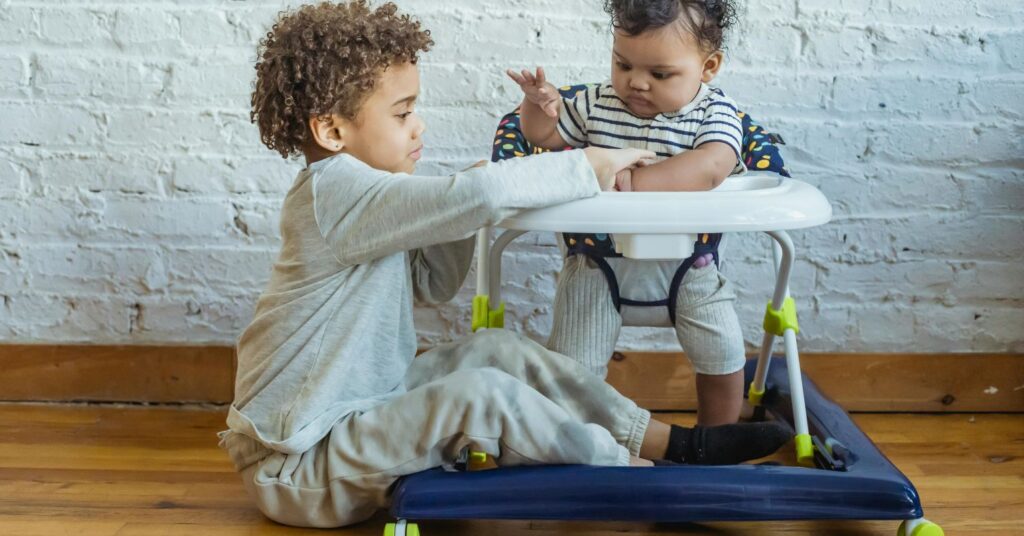Are you tired of constantly playing referee between your kids before breakfast? As a parent with multiple children, those rare moments when siblings get along can feel like magic in a sea of arguments and complaints. If you find yourself wondering if your children will ever truly be friends, you’re not alone. This article will provide practical tips to reduce fighting and help your children build strong relationships that will benefit them throughout their lives.
The Importance of Sibling Relationships
Sibling relationships are a child’s first experience with peer interactions and lay the foundation for future social interactions. These relationships impact various aspects of development, including:
- Risk behaviors in adolescence: Siblings can influence each other’s choices regarding risky behaviors, with older siblings often serving as role models.
- Relationship competence: Through interactions with siblings, children learn essential social skills like empathy, perspective-taking, and conflict resolution.
- Health outcomes: Supportive sibling relationships are linked to better immune function and reduced stress-related health issues.
- Support in adulthood: As individuals grow older, siblings often become crucial sources of support for navigating life challenges and accessing healthcare.
Understanding Sibling Rivalry
Many parents believe that sibling fighting is normal and inevitable. However, allowing these conflicts to persist without intervention can reinforce negative behavior. Anthropologists studying sibling relationships globally suggest that sibling rivalry may be more prevalent in Eurocentric cultures. In cultures with strong family values, fighting over possessions is less common as everything belongs to the family.
Reasons Behind Sibling Fights
- Unmet Needs: Children may engage in challenging behaviors to fulfill unmet needs, such as the need for connection, understanding, or fairness.
- Developmental Differences: In non-Eurocentric cultures, clear roles based on age or gender can reduce conflict by establishing boundaries.
- Perceived Unfair Treatment: Children may feel upset if they believe they are being unfairly treated by their parents.
Strategies for Handling Sibling Conflicts
- Create a Pause: Allow a moment between the behavior and your response to ensure everyone’s safety.
- Focus on Feelings and Needs: Acknowledge the emotions involved in the conflict before addressing the issue.
- Problem-Solving Conversations: Initiate discussions when everyone is calm to address recurring conflicts effectively.
Tips for Fostering Positive Sibling Relationships
- Quality Time: Spend individual time with each child to strengthen your bond with them.
- Teach Problem-Solving Skills: Help children develop conflict resolution skills through guided practice.
- Positive Communication: Encourage positive discussions about siblings and their experiences to promote understanding.
- Acknowledge Differences: Recognize each child’s unique perspective and challenges within the sibling dynamic.
- Create Physical Solutions: Implement practical strategies to diffuse tense situations and promote peaceful interactions.
- Discuss Differences in Treatment: Be transparent about why each child is treated differently and focus on meeting individual needs.
In Conclusion
Building strong sibling relationships requires time and effort, but the benefits are significant. By prioritizing each child’s needs, teaching problem-solving skills, and modeling positive conflict resolution, you can help your children develop bonds that will last a lifetime. Progress may be gradual, but the skills learned through sibling relationships will benefit them in all future interactions. Keep persevering, as the effort is truly worthwhile.

